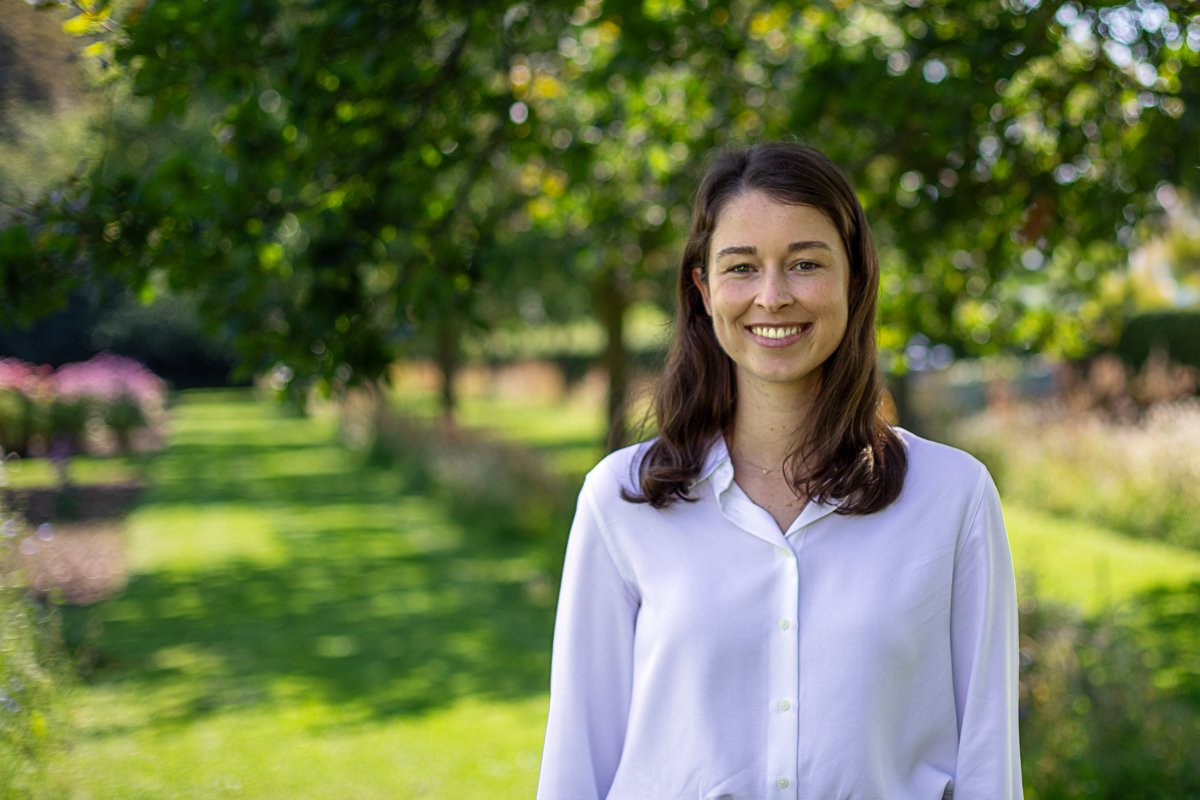Emily Anne McKaige - Postdoctoral Fellowship 2024
Project summary:
Exploring the mechanistic role of DES in electrical dysfunction and atrial fibrillation
Our hypothesis is that cardiac proteins which are important for maintaining the structure of cardiac cells, like desmin, have more than just a mechanical role. We believe they also affect the electrical conduction of the heart. In this project, we investigate how loss of desmin can alter the conduction system. These findings will provide novel insight into how the electrical network changes in atrial fibrillation and could provide us with new targets for therapeutics.
Project Title
Exploring the mechanistic role of DES in electrical dysfunction and atrial fibrillation
Background
Atrial fibrillation (AF) is the most common arrythmia worldwide and is associated with a significantly increased risk of stroke, heart failure and mortality. In the last decade, it has become clear that there is a significant genetic component to atrial fibrillation. How mutations in structural genes, like desmin, lead to electrical disturbances and atrial fibrillation is currently unknown.
Aim
Our aim is to investigate how loss of desmin affects the structure and function of the cardiac conduction system.
Methods
Utilising the zebrafish model, we will analyse how loss of desmin affects heart function over time, using both electrocardiography and echocardiography. We will also examine changes to the structure and size of the conduction system using fluorescent labelled cells and high-resolution microscopy. Finally, we will identify changes to regulatory networks by mapping altered gene expression using transcriptomic data from our model and patients.
Preliminary results
Our preliminary results show that loss of desmin leads to an early onset atrial phenotype, with atrial conduction defects present from 4 months onwards. Additionally, we have found that these fish develop a significantly larger atrium at 1 month post fertilization and that this increased atrial size is also present in human patients carrying DES mutations.

Emily Anne McKaige
- BSc and PhD
- Department of Biomedical Sciences, University of Copenhagen
Co-supervisors:
Pia Rengtved Lundegaard, Assistant Professor, Department of Biomedical Sciences, University of Copenhagen
Bo Hjorth Bentzen, Associate Professor, Department of Biomedical Sciences, University of Copenhagen
Collaborators:
Christian Jøns, Senior Physician, The Heart Centre, Rigshospitalet
Professor Didier Stainier, Department of Developmental Genetics, Max Planck Institute for Heart and Lung Research, Bad Nauheim, Germany